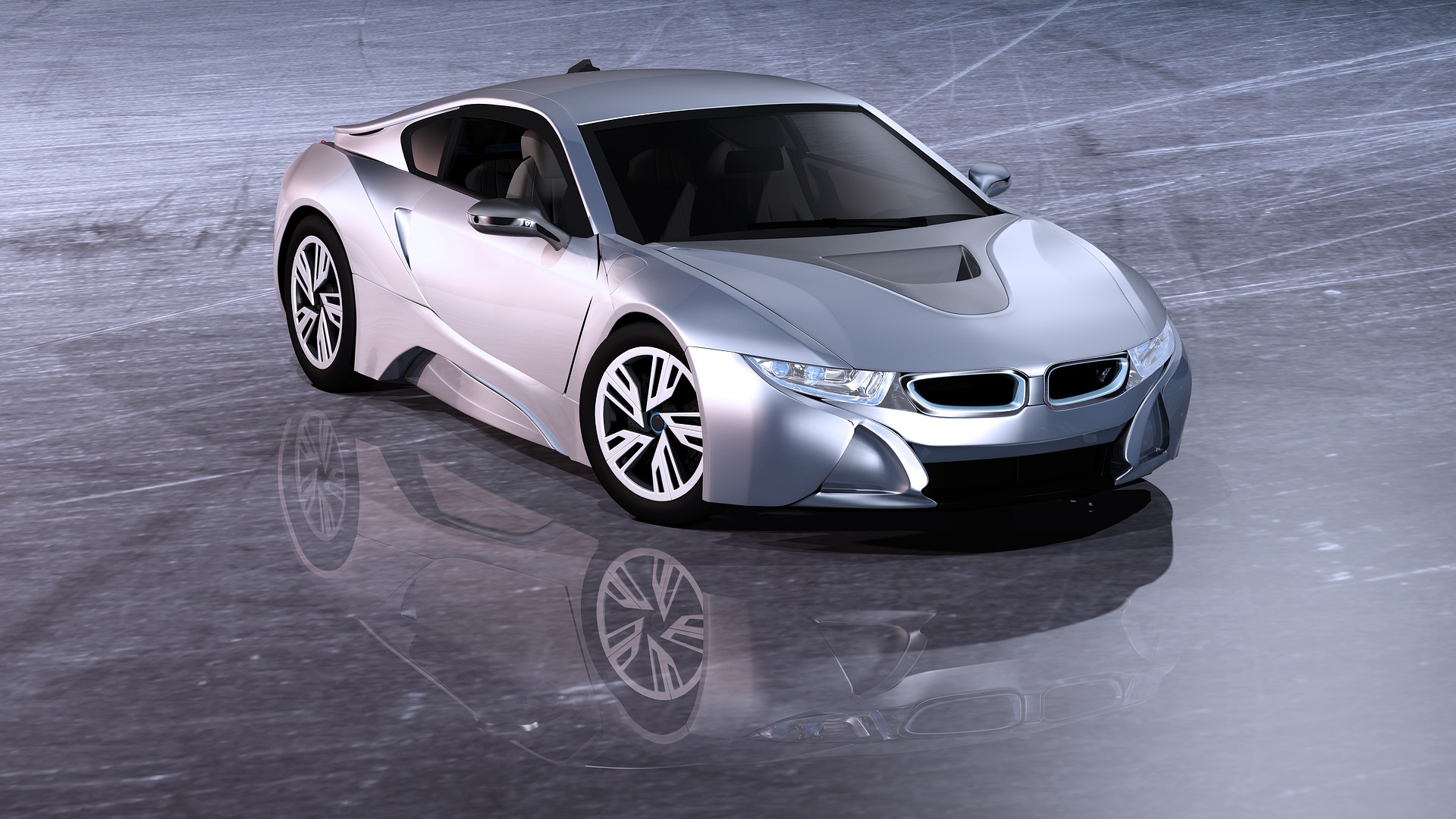Beyond Fuel Cells: The Intrigue of Hydrogen Combustion Engines
Introduction: Imagine a car that emits only water vapor, harnesses the same technology as rocket engines, and runs on an abundant element. Welcome to the world of hydrogen combustion engines - a significant but under-explored technology that could shape the future of driving.

Hydrogen Combustion Engines: An Overlooked Marvel
Hydrogen is the most abundant element in the universe, and when combusted, its only byproduct is water. Despite these enticing attributes, hydrogen combustion engines have long lived in the shadow of their fuel cell counterparts. Yet, their potential is vast. The technology operates similarly to traditional internal combustion engines, but instead of gasoline, they burn hydrogen.
A Historical Perspective: The Hydrogen Engine Journey
The concept of using hydrogen as a fuel source dates back to the 19th century. In the 1970s, amid oil crisis, engineers began experimenting with hydrogen as an alternative fuel. BMW introduced the world’s first hydrogen-powered car in 1979, although its high cost and limited infrastructure made widespread adoption unfeasible. Today, with technological advancements and increased focus on sustainability, hydrogen combustion engines are gaining renewed interest.
Current Trends: The Rebirth of Hydrogen Engines
As the global auto industry grapples with the challenges of transitioning to electric power, hydrogen combustion engines are emerging as an intriguing alternative. Companies like Toyota and Mazda are investing heavily in the technology, with Toyota recently unveiling a hydrogen combustion prototype based on its Corolla Sport. Meanwhile, start-ups like Aquarius Engines are developing lightweight, efficient hydrogen engines that could revolutionize the industry.
The Impact: Potential Benefits and Challenges
Hydrogen combustion engines offer several potential benefits. They emit only water vapor, making them a zero-emissions technology. Hydrogen can be produced from a variety of sources, including natural gas and renewable energy, offering flexibility and potential for energy independence. However, challenges remain. Hydrogen is difficult to store and transport, and producing it can be energy-intensive. Infrastructure is also lacking, with few hydrogen refueling stations currently available.
Future Outlook: A New Era of Hydrogen Combustion
While hydrogen combustion engines are not yet a mainstream technology, their potential is vast. With continued research and development, and the right investment in infrastructure, they could offer a sustainable, flexible, and efficient alternative to traditional combustion and electric vehicles. Whether they will ultimately succeed remains to be seen, but one thing is clear: in the evolving landscape of automotive technology, hydrogen combustion engines are a force to be reckoned with.
Final Considerations:
In the quest for sustainable mobility, hydrogen combustion engines present an intriguing possibility. As we continue to explore and innovate, the automotive industry may yet surprise us with the paths it takes. The world of hydrogen combustion engines is a testament to the power of human ingenuity and the endless possibilities in the realm of automotive technology.




